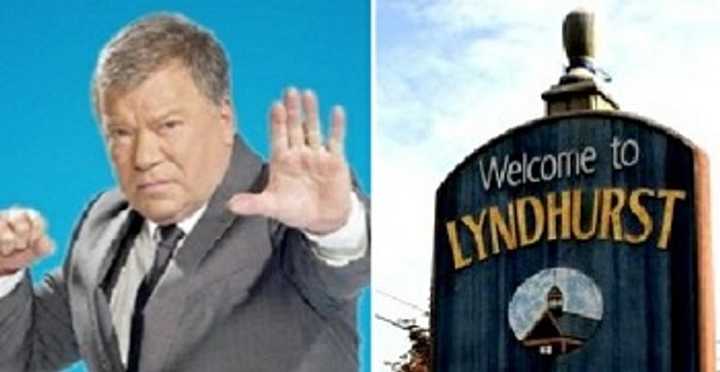The three-judge Third U.S. Circuit Court of Appeals tossed Lyndhurst’s 2008 federal lawsuit, unanimously agreeing that the sole power both to determine the tax due and to collect it lies with the state Division of Taxation and not the borough.
“[T]his federal action is an attempted end-run around the exclusive enforcement regime enacted by the New Jersey legislature, with Lyndhurst asking us to insert ourselves into this dispute as a means of circumventing the Director,” the appeals judges wrote. “We refuse to do so.”
New Jersey towns with populations between 12,000 and 150,000 have no legal standing to sue Priceline.com, or similar sites, for the reduced amount of tax revenues they produce, the panel said. “First class” cities with higher populations or an international airport hold that power, under state law, the judges found. Otherwise, they said, it’s up to state officials to enforce tax collections.
“In a sense, Lyndhurst is second-guessing the Director [of Taxation] —and, through this federal action, asking us to do the same,” by “asking for more than the Director decided was due,” the panel wrote in its decision.
State law clearly states that the township has “no power to enact a local hotel occupancy tax—let alone sue private parties to enforce it directly,” the appeals court emphasized.
“Any disagreement with this arrangement must be voiced in the halls of the State Capitol in Trenton, not the chambers of this Court,” the judges said.
The tax that Priceline collects is based on the wholesale rate it pays when it first acquires the rooms and not on the higher rate that customers pay. In Township of Lyndhurst v. Priceline.com Inc., local officials called this tax evasion that cost roughly $50,000 a year in lost revenue from its hotels, all near Route 3.
The sites, in turn, argued that they are no more than “merchant model” intermediaries who don’t actually rent out hotel rooms. The customers’ costs include fees and service charges, not room markups, their representatives said. The township already takes 3 percent off the top and sends the rest of the tax to Trenton.
However, the New Jersey Division of Taxation itself, in a letter to the court, concluded that online booking agents aren’t even subject to the hotel occupancy tax, the appeals judges noted.
Similar lawsuits have been filed nationwide. The first lawsuit on the issue was filed in December 2004 by Los Angeles on behalf of all California towns. That case was thrown out on procedural grounds. Towns in nearly a dozen other states followed, nearly all meeting with failure.
This was the first of its kind in New Jersey. And although Lyndhurst hoped to “lead the charge” for a class action, including all 147 towns in the state that impose a hotel tax, it never happened.
The appeals court’s ruling upheld that of a federal judge in March 2009, who “concluded that Lyndhurst was attempting to assert a legal right that was reserved to the Director [of Taxation] (aided by the Attorney General) and not to Lyndhurst—namely, the legal right to enforce Lyndhurst’s hotel occupancy tax by determining the amount of tax due and then collecting the related revenue,” the Third District Court noted.
Lyndhurst appealed, but the Third District Court agreed that the township wasn’t the “proper party” to bring the lawsuit.
The judges cited their own 1999 ruling involving the city of Englewood and the Palisades Charter School. In it, they said, a municipality “is a creature of the state and thus necessarily subordinate to its creator[,] and can exercise only such powers as may be granted to it by the Legislature…”
Going back further, a 1977 decision regarding a similar claim by Rutherford led to a ruling by the appellate panel that the “power of taxation, a basic right of government, is vested in the Legislature and municipalities have no comparable power.”
“Strict adherence to statutory requirements is mandated in tax matters because they involve exigencies of taxation and the administration of government,” a state tax court found in a 1988 decision against Great Adventure, the appeals judges noted.
“[I]t was for the Director [of Taxation] —not Lyndhurst—to determine whether the difference between the wholesale rate and the retail rate was taxable under Lyndhurst’s hotel occupancy tax.”
Click here to follow Daily Voice Rutherford and receive free news updates.
